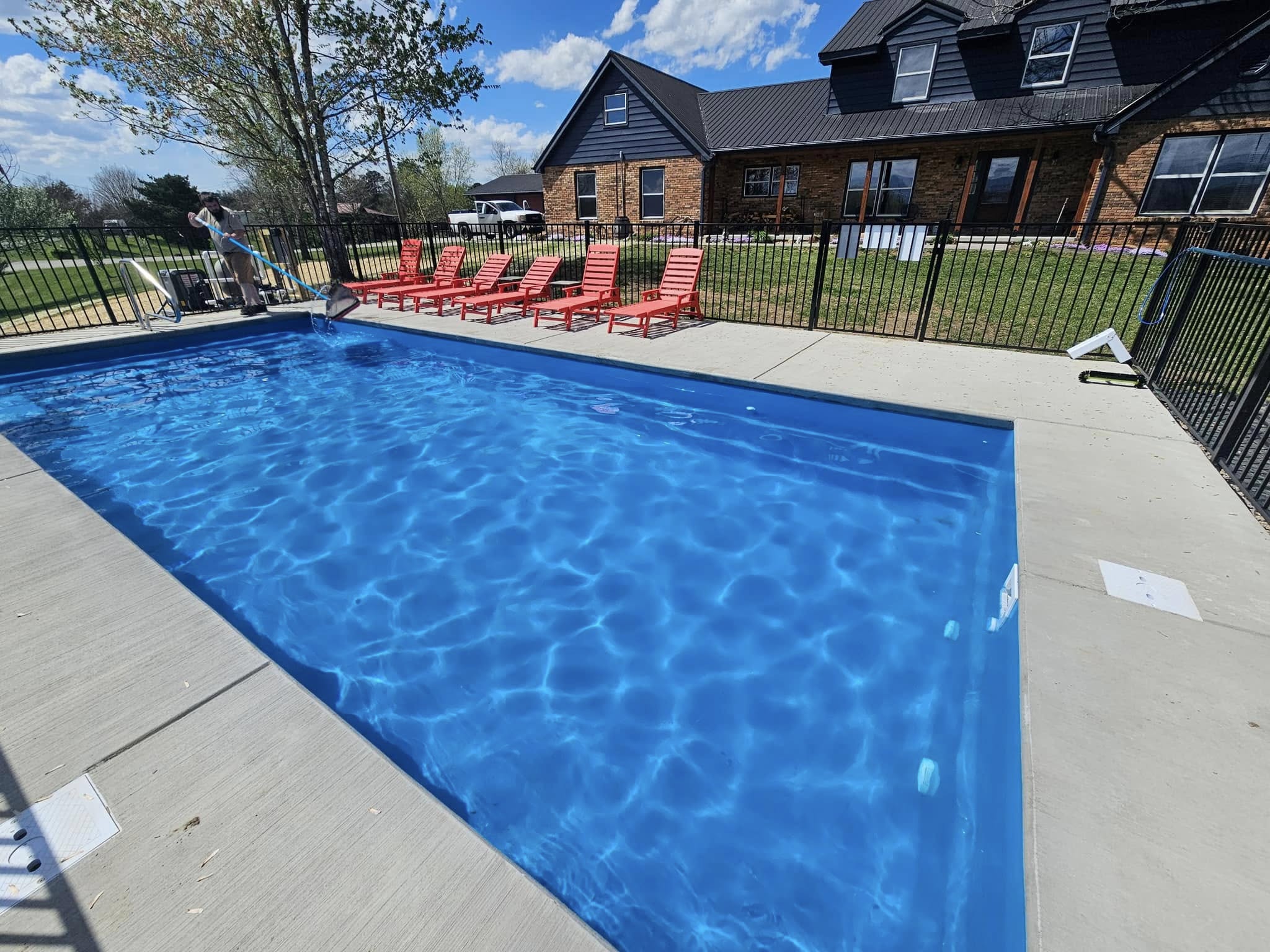
The Science of Pool Filtration: Ensuring Crystal Clear Waters Year-Round Sep 09, 2025
To begin with, let’s explore what pool filtration actually entails. Essentially, pool filtration is the process by which dirt, debris, and impurities are removed from the pool water, ensuring it remains clean and safe for swimmers. Effective filtration involves both physical and chemical methods. Physical filtration is achieved using pool filters that trap and remove larger particles, while chemical processes involve sanitizing agents like chlorine that kill bacteria and other microorganisms.
There are several types of pool filters available, each with its own advantages. Sand filters are one of the most popular options, known for their durability and ease of maintenance. They work by forcing water through a layer of sand, which traps debris particles while allowing clean water to pass through. To maintain optimal performance of a sand filter, regular backwashing is required, which simply means reversing the water flow to remove accumulated dirt.
Another efficient filtration method is the cartridge filter. These use a replaceable cartridge made of polyester or similar materials to screen out fine particles. Cartridge filters are valued for their ability to catch smaller debris, though they require routine cleaning and replacement to ensure consistency. As such, they are an economical and effective choice for many pool owners.
DE (diatomaceous earth) filters offer superior filtration capabilities by utilizing natural sediment made from fossilized algae. DE filters can capture extremely fine particles, providing arguably the highest quality filtration among the three types. However, they also require more maintenance and handling caution due to the nature of the DE material. Regular inspections and cleaning are vital to keep these filters functioning at their peak.
In addition to proper filtration systems, it is essential to regularly test your pool water. This ensures the chemical balance is maintained, preventing problems such as algae blooms or skin irritation. Testing kits can measure pH levels, chlorine concentration, and other vital factors. Adjusting the chemical levels when necessary can prolong the life of your pool filter and improve water quality.
Maintaining crystal clear water requires more than just understanding and implementing the right filtration system. Regular cleaning of the pool surfaces, skimming debris, and ensuring optimal circulation contribute significantly to water clarity. Pool accessories such as automatic cleaners can simplify these tasks, allowing you more time to enjoy your swimming area.
In conclusion, pool filtration is an essential aspect of maintaining a healthy and inviting swimming environment. By choosing the right filtration system and staying on top of maintenance tasks, you can protect your investment and enjoy your pool to the fullest. Grasshopper Excavating & Pools is here to guide you on your journey, providing expert installation and maintenance services to ensure your pool remains in tip-top condition year-round. As you implement these best practices, your pool will not only serve as a source of joy but also a testament to your commitment to quality and cleanliness.
/filters:no_upscale()/media/1cc9ee7d-0fab-4365-aff2-dfd98a0277b5.jpeg)